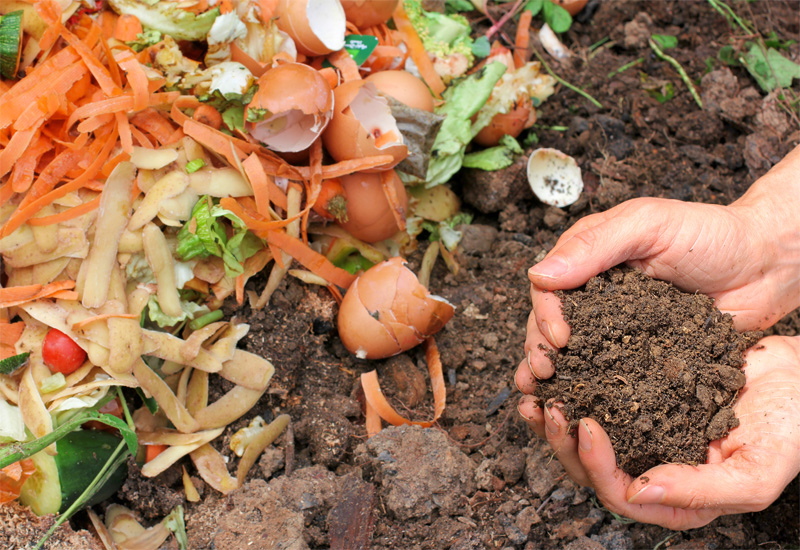GCC countries stand out among the world's top generators of food waste, according to a 2014 report released by the Environment Agency - Abu Dhabi.
Generating more than 150 million tonnes of municipal waste per year, this statistic is expected to be on the upswing during the holy month of Ramadan.
Food waste in the UAE in any other month comprises 39% of an average household's organic waste, but during Ramadan, according to estimates by Dubai Municipality, this ratio increases to roughly 55%, or 1,850 tonnes.
In Bahrain, food waste is expected to exceed 400 tonnes per day during the holy month, according to Bahrain's Supreme Council for Environment Waste Disposal.
"The food import market is projected to reach US $53.1 billion by 2020, and the volatility in the prices of these basic commodities only fuels the need for us to seriously begin watching our waste. While the holy month of Ramadan focuses on introspection, community service and the expression of gratitude, the way in which many people place an emphasis on food can pose a problem," according to Jeroen Vincent, Averda chief operating officer (COO) in the GCC.

| Advertisement |
He continued: "Food waste isn't new, and it most definitely isn't just an issue in the GCC, as it forms the third largest component of generated waste by weight globally. In fact, recent statistics show that one third of the global food supply, around 1.3 billion tonnes, is wasted every year."
Vincent said: "High-income groups usually generate more food waste per capita - and this is primarily due to the mindset that there always needs to be enough to eat at iftar, even if most of the food ends up in the landfill."
He revealed that 60% of solid waste in any given city is food. "We need to rethink this model and build a smarter system in our cities."
His firm, Averda, supports the circular economic model, which produces virtually no waste with raw materials being re-used and recycled continually within a closed loop.
"Awareness is half the battle. The way the public views food will need to be addressed in order to curb unnecessary waste. A range of anaerobic digestion technologies can convert municipal waste, industrial residuals, and other organic waste streams into biogas 24 hours a day, 7 days a week," explained Vincent.
"Digested solids can be separated, composted and recycled as fertiliser, which reduces the need for importing synthetic alternatives while driving down the cost of farming. This in itself opens up new avenues for sustainable and secure food streams in the Middle East."
Currently UAE, Bahrain, Qatar and Oman import over 90% of their food requirements, and relying heavily on desalination for their potable water needs.









 Search our database of more than 2,700 industry companies
Search our database of more than 2,700 industry companies









